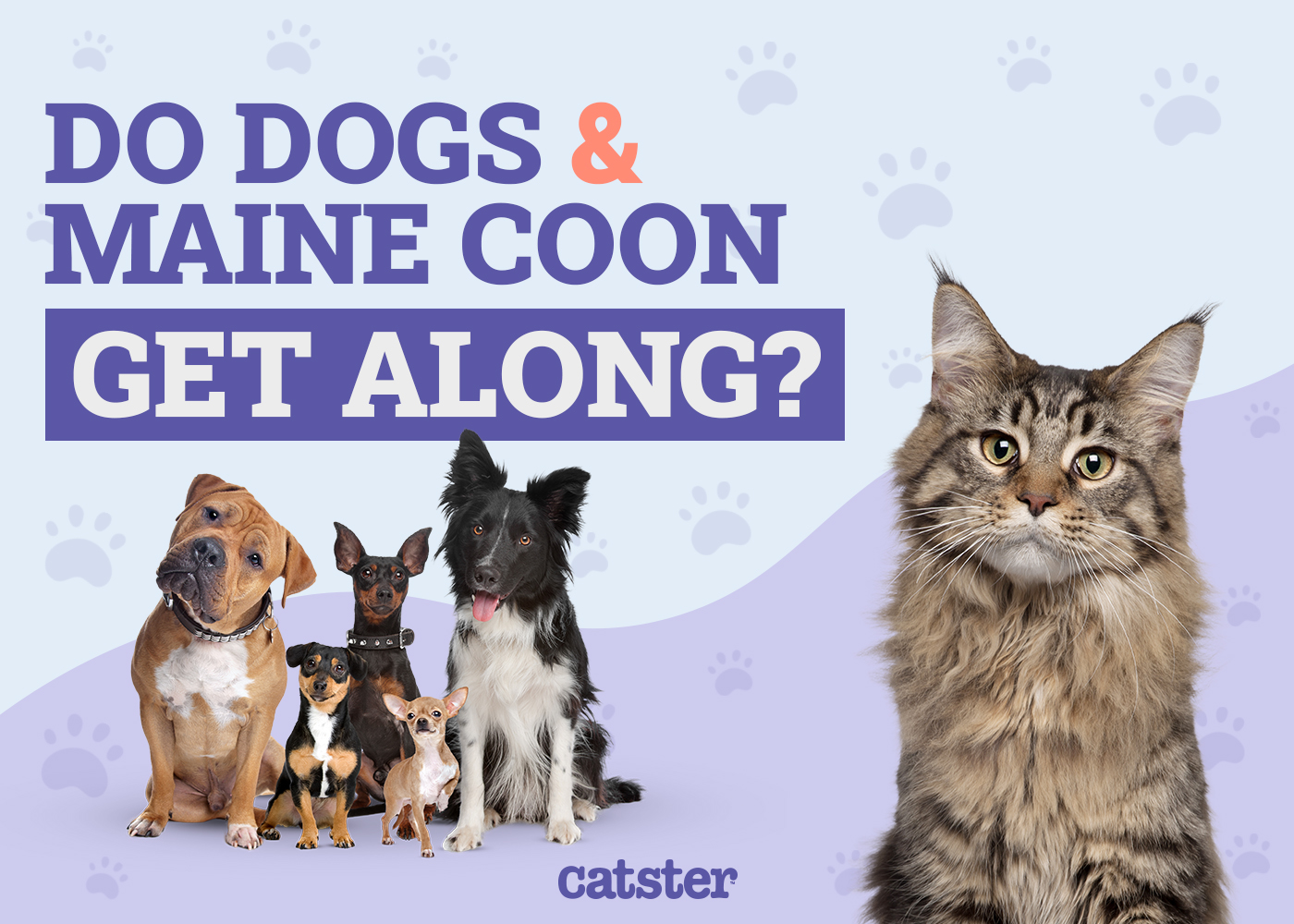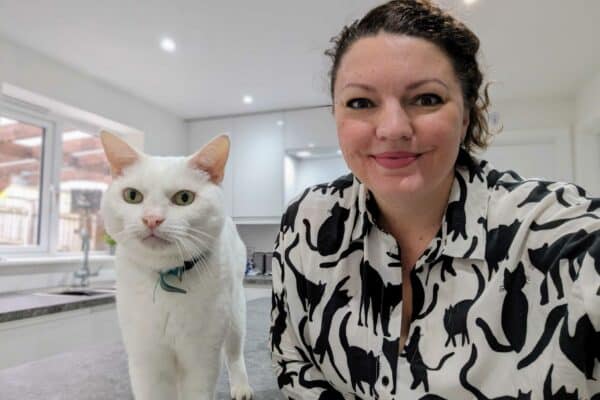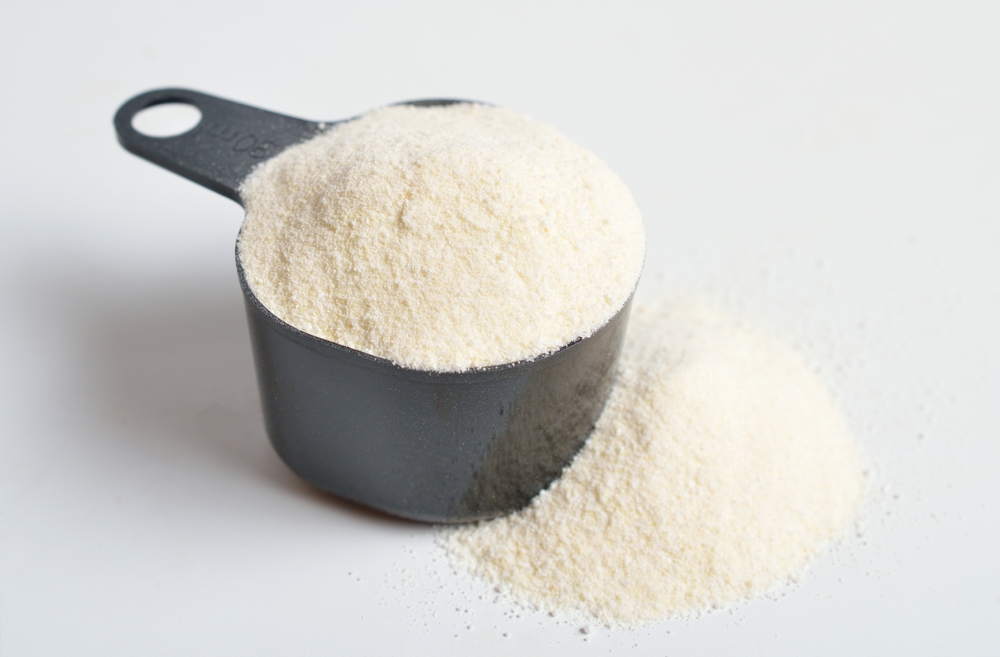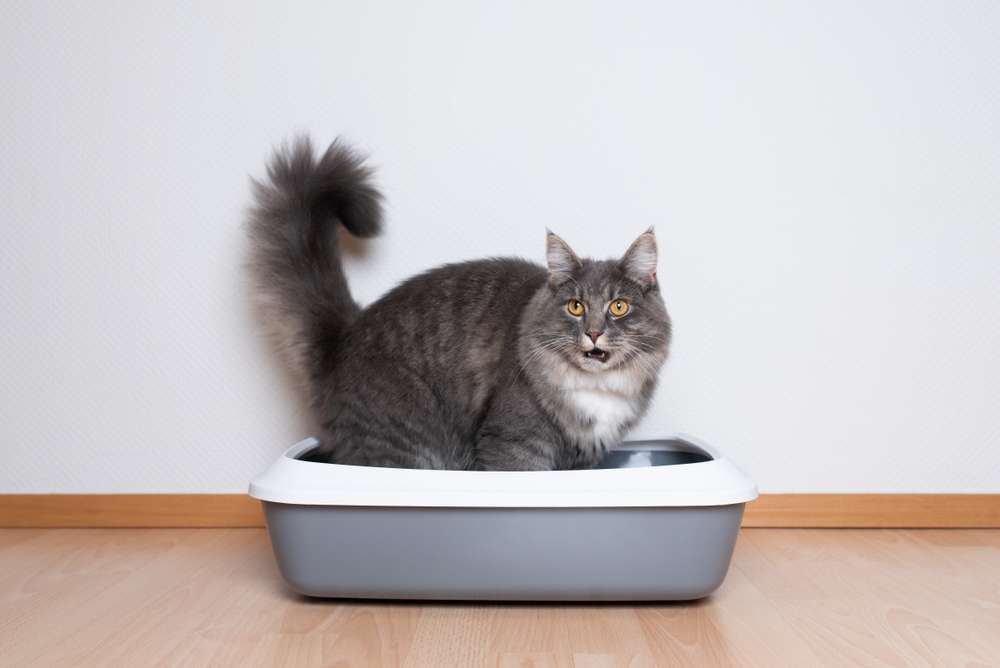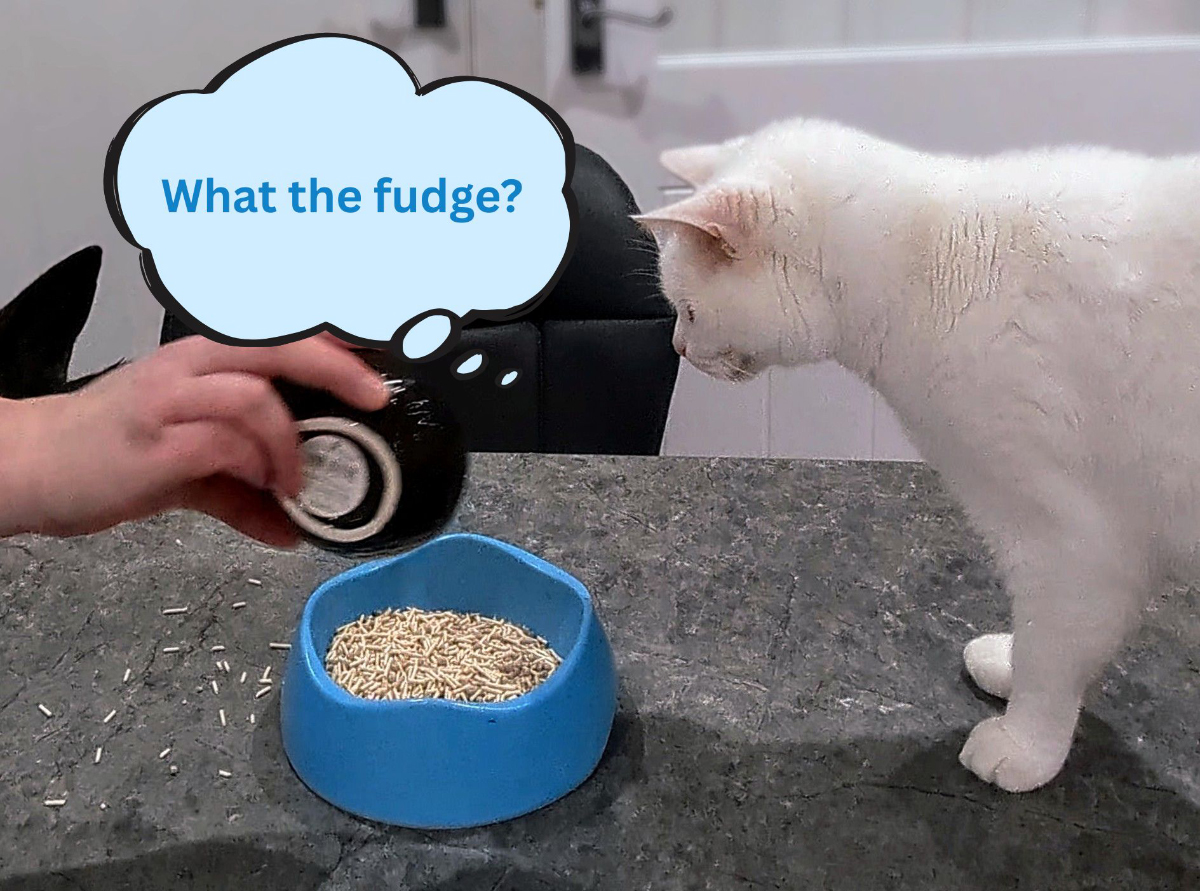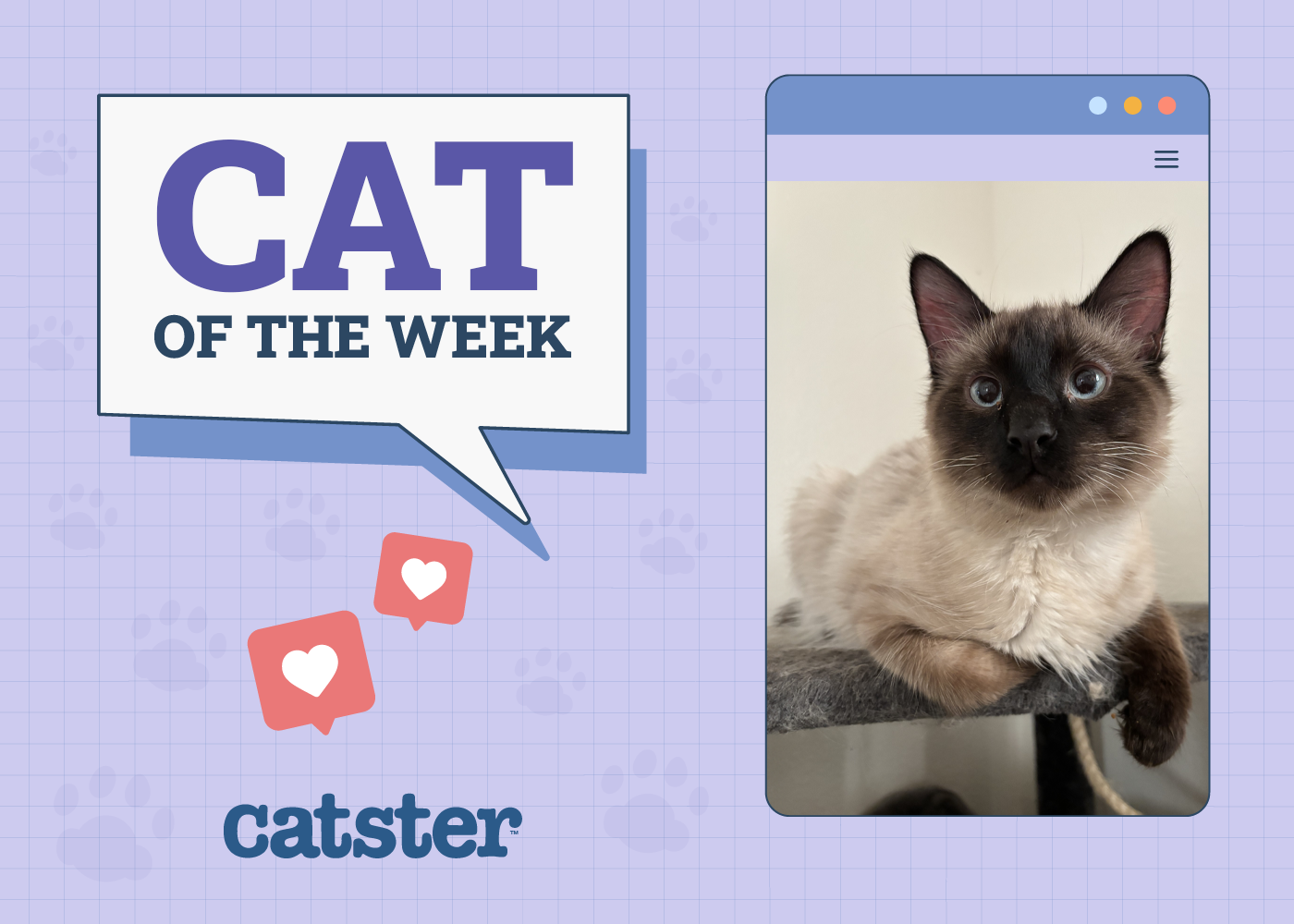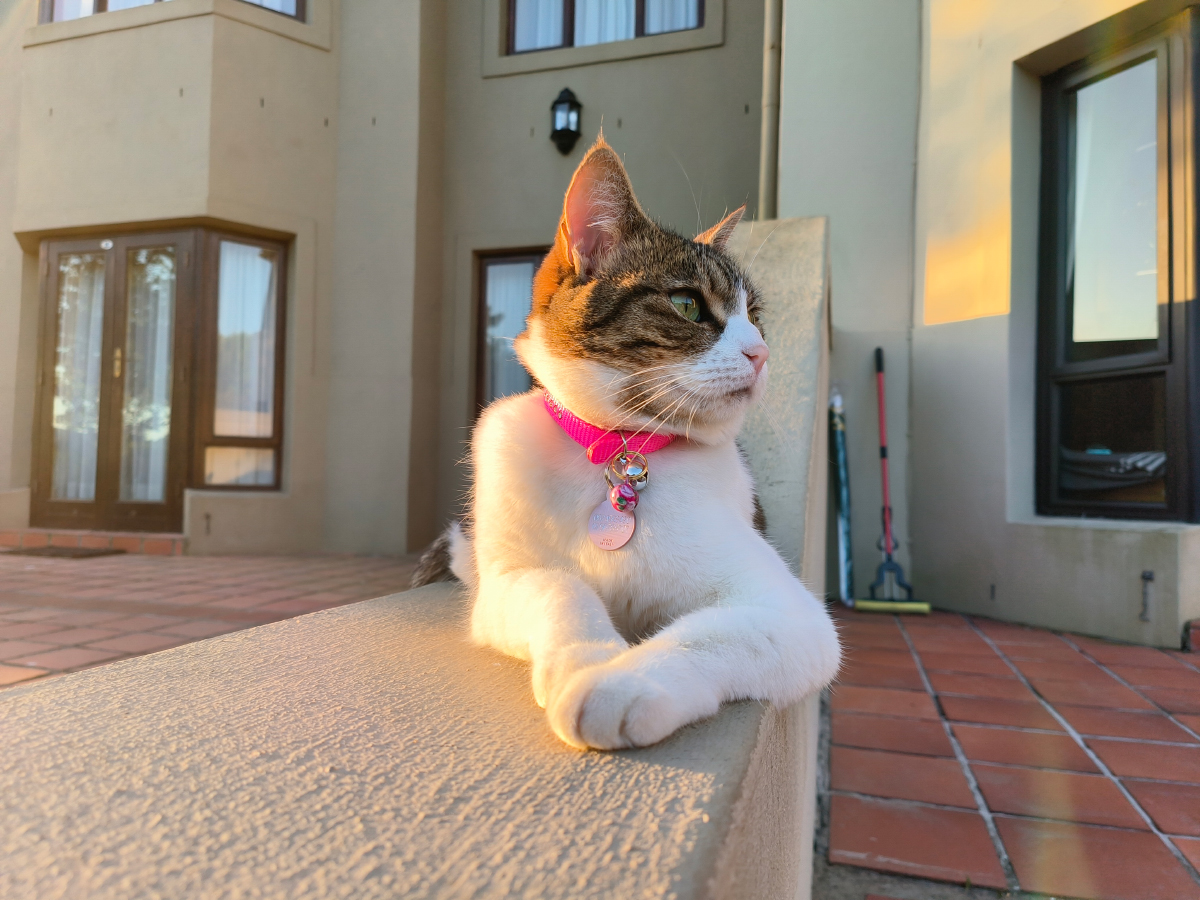Click to Skip Ahead
If you haven’t met a Maine Coon, I can highly recommend it. Not only is their impressive size and stature hard to ignore, but their laid-back confidence makes them very easy to get along with. As one of the breeds known for their dog-like personalities, it would be easy to assume that these gentle giants get along well with dogs, but is this actually the case? While we can’t speak for them all, nor for every dog, Maine Coon cats do tend to get along with dogs.
Before you go throwing your oversized feline and unwary canine into a room together, let’s take a step back and look at how the Maine Coon’s personality and size plays a role in how well they get along with other furry flatmates, and how you can improve your chances of a harmonious household.

The Maine Coon Cat
These gentle giants are popular for a reason. Although their imposing size and stature are what attract most, it is their easy-going, friendly, and inquisitive nature that gets people hooked. Although every cat is different, you are far more likely to find a Maine Coon relaxing in the center of a room than hiding away in the corner.
Unfortunately, it seems that you really can’t have too much of a good thing, and the Maine Coon’s lifespan is typically shorter than that of most cats at 4-16 years, compared to 9-19 years for an average domestic cat, though the upper end of their lifespan range is nothing to sneeze at. Speaking of sneezing, it is worth noting that these glorious cats have a glorious long coat, so make sure you’re ready for some grooming!
Cats and Dogs
Cats and dogs have a reputation for not getting along, but as millions of households will gladly attest, this reputation is not always accurate. However, they don’t always make easy companions.
The main reason that cats and dogs find themselves at odds is that cats move quickly, and dogs like to chase things that move quickly. If a cat runs, a dog will chase it; that is their nature. And when a cat is cornered, it will fight back with every hiss, howl, tooth, and claw it has. Much of the time, the dog is only looking to play, so they’re a bit surprised when their game ends in bloodshed! But there are also plenty of dogs that will catch, grab, and kill a cat—sometimes intentionally, sometimes not—which is why cats have learned to err on the side of caution.
When cats don’t run, dogs don’t chase, and this is when the magic happens!
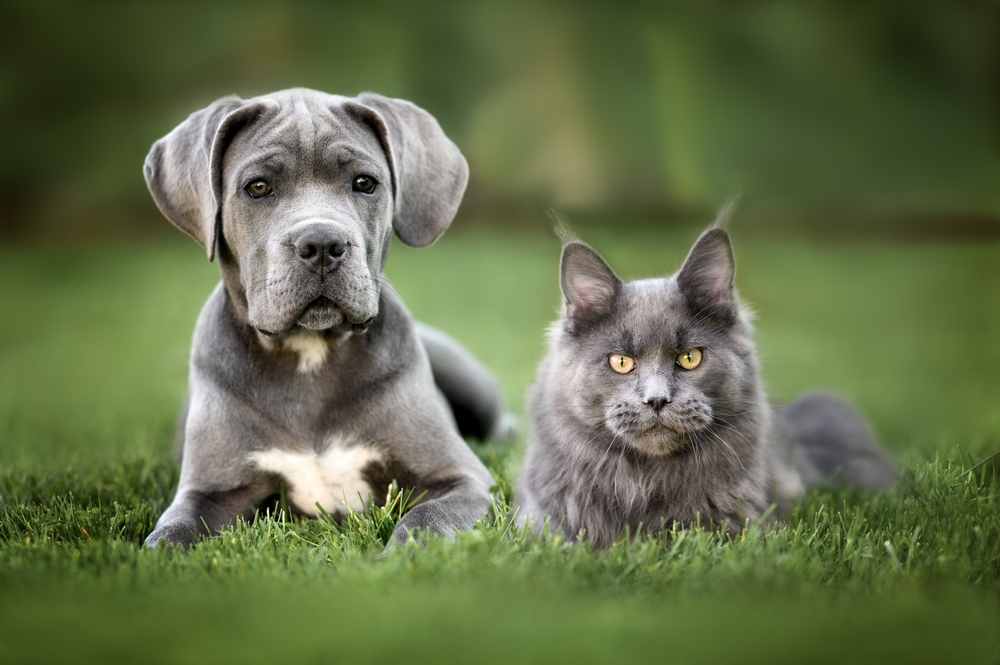
Maine Coons and Dogs
The laid-back nature of the Maine Coon means that they tend to be less inclined to run away. Additionally, being as large, if not larger, than many dogs, means that the interaction between the Maine Coon and dogs is often a slow and cautious meeting, rather than a game of chase.
Dogs and Maine Coons
One potential fly in the ointment of this peaceful cat and dog relationship is how some small dogs can react to the large and confident Maine Coon. When a 7 lb canine is being approached by a self-assured, 17 lb cat, there’s a good chance that the much smaller dog will turn tail or overcompensate. Fortunately, most Maine Coons are fairly unperturbed by the yapping of an intimidated pup.
Tips For Successful Socialization of Your Cat and Dog
The following tips can apply to any cat and dog introduction, not just the Maine Coon. However, you will likely find that many other felines will be somewhat more hesitant during the early stages of socializing with dogs. Not all cats and dogs will get along, and it’s important to allow them to set the pace and boundaries. Trying to force the issue will only result in unhappy, perhaps even injured, pets.
There is no need to keep pets separated for extensive amounts of time, just enough for them to investigate their surroundings and feel settled. This might take a few hours to a few days.
- Make introductions in a shared, neutral zone, ensuring that both cat and dog are able to retreat into their own room.
- Try to create a calm, relaxed environment. If you are tense, they will be too.
- Take a walk and crawl around the room, blocking off places where dogs/cats could get cornered or trapped, and ensuring there are shelves/cupboards/cat trees for the cat to jump onto to get away.
- Ensure each animal has had a chance to explore the neutral room on their own first.
- Bring the cat into the neutral room, then allow the dog to come in.
- Stay close enough to intervene if needed, but don’t hover.
- If you are worried that your dog might be too rough, start by making introductions with the dog in a crate (don’t do this the other way around, with the cat in a cage as this will make the cat feel cornered and defensive).
- Expect and allow some growling and hissing – they need to set boundaries.
- Don’t allow the dog to follow the cat into his/her zone, and vice-versa.
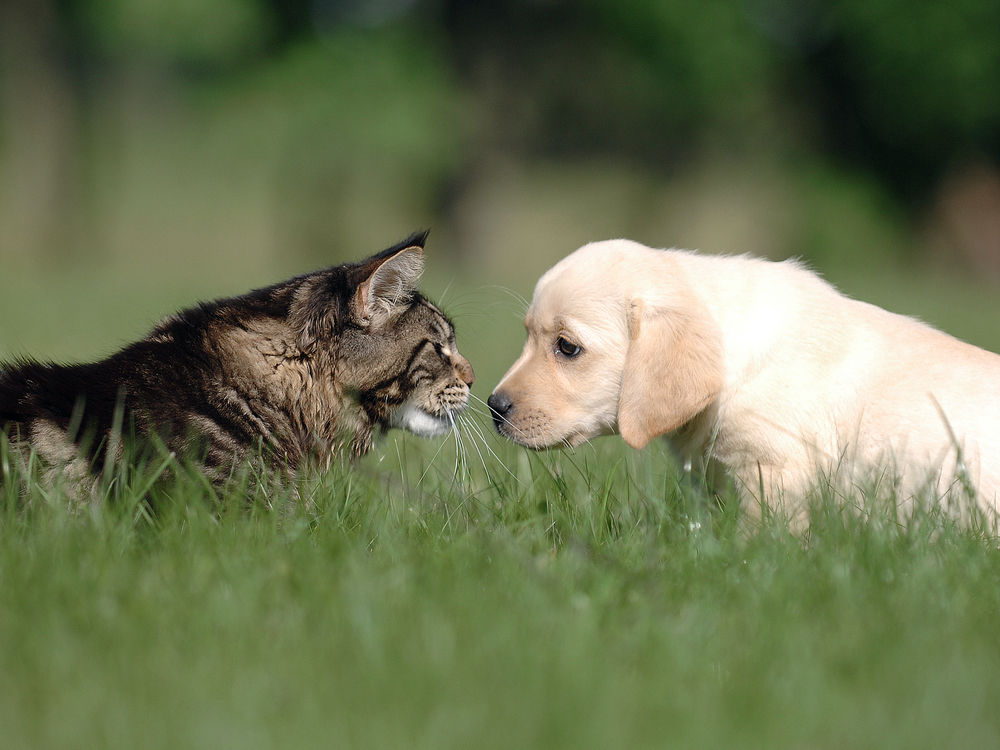

Final Thoughts
Cats and dogs can be amicable, even affectionate, housemates when given the time and space to establish boundaries and their relationship. The Maine Coon, being a very relaxed and large domestic feline, tends to make canine friends quite easily, although tiny dogs may find their confidence and size intimidating.
The canine love of the chase and the feline instinct to run are the two major stumbling blocks for cat and dog harmony, so the Maine Coon’s ability to peacefully stand their ground means that they can build relationships with dogs much more readily than their smaller, more flighty counterparts.
Care should always be taken when introducing any pets, and these interactions must be supervised until it is well established that there is very little risk of fighting or chasing. For some households, this may mean keeping cats and dogs separate when you are out, but it’s better to be safe than sorry.
If you have dogs and are hoping to bring a cat into your home, the Maine Coon is certainly one breed worth considering.
Also see:
- Cat Breeds That Act Like Dogs (With Info & Pictures)
- Do Munchkin Cats Get Along With Dogs? – The Interesting Answer!
Featured Image Credit: Anna Averianova, Shutterstock

